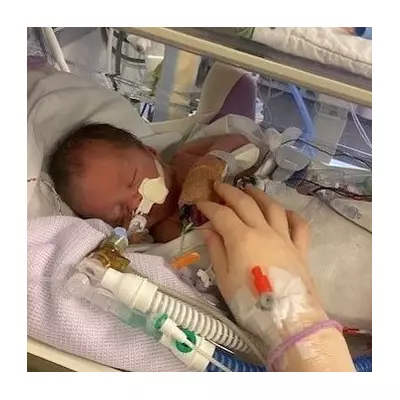
A California family's final farewell to their loved one turned into a nightmare when they discovered his body had been left decomposing in an unrefrigerated chapel for several days at a local funeral home.
The distressing incident occurred at a Westminster funeral establishment, where 32-year-old Joey Espinosa's body was being prepared for cremation. Instead of receiving dignified care, the deceased was found in an advanced state of decomposition, creating unbearable conditions for mourning relatives.
Family's Horrific Discovery
According to family members, the situation became apparent when they noticed an overwhelming odour permeating the funeral home. Upon investigation, they were horrified to find Espinosa's body had been stored without proper refrigeration, accelerating decomposition and creating serious health concerns.
"The smell was unbearable," one relative reported. "We came to say our final goodbyes and found this unimaginable situation. It's disrespectful and traumatising."
Health and Legal Implications
The improper storage raises significant public health questions, as decomposing bodies can pose serious contamination risks. Funeral homes are required to follow strict protocols regarding body preservation, particularly when remains are awaiting cremation or burial.
The family has since taken legal action against the funeral establishment, alleging negligence and emotional distress. Local authorities have been notified and are investigating whether the facility violated health codes and industry regulations.
Industry Standards Under Scrutiny
This incident has sparked broader concerns about oversight within the funeral industry. Proper refrigeration is considered a basic standard of care, essential for both dignity and public health protection.
Funeral industry experts emphasise that bodies should be refrigerated within 24 hours of death unless immediate burial or cremation occurs. The Westminster case appears to represent a significant breach of these fundamental practices.
The family continues to seek justice while dealing with the additional trauma caused by their devastating experience at what should have been a place of comfort and professional care.





